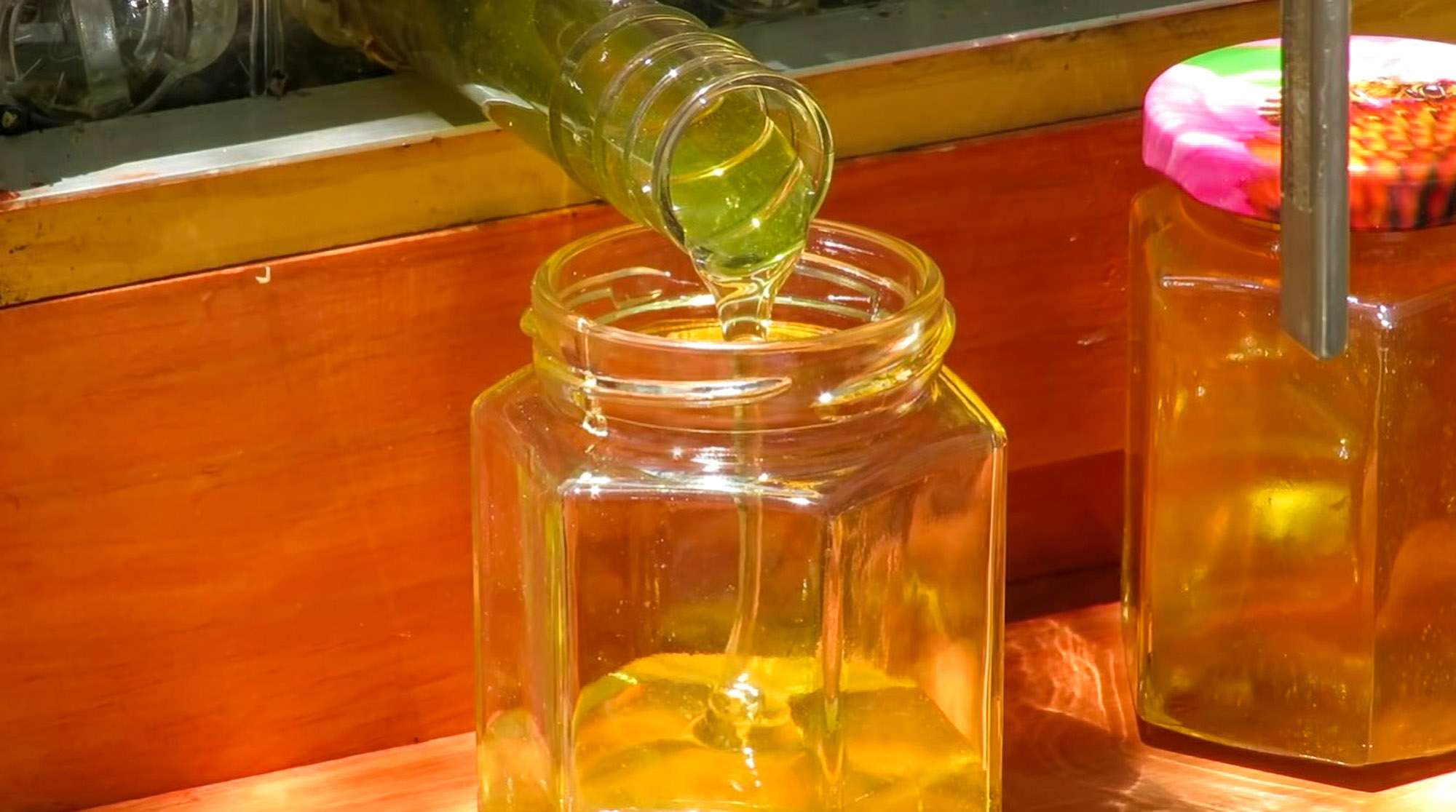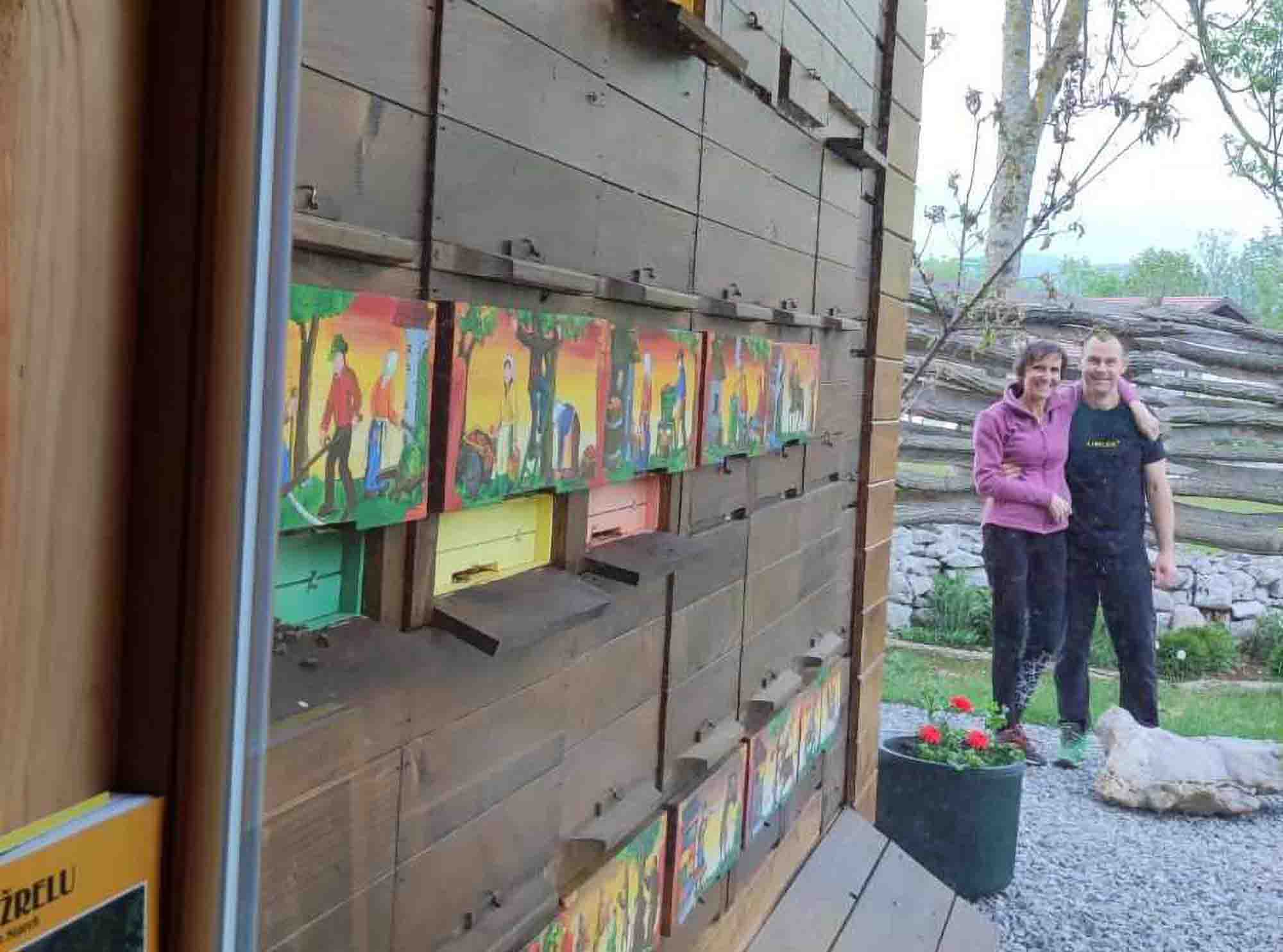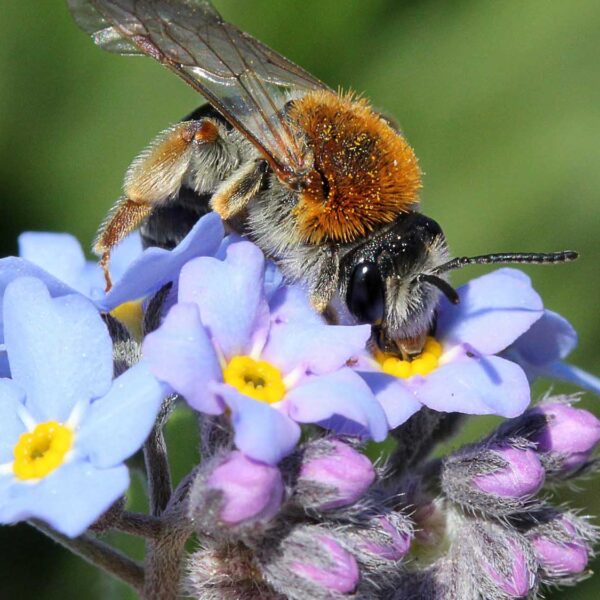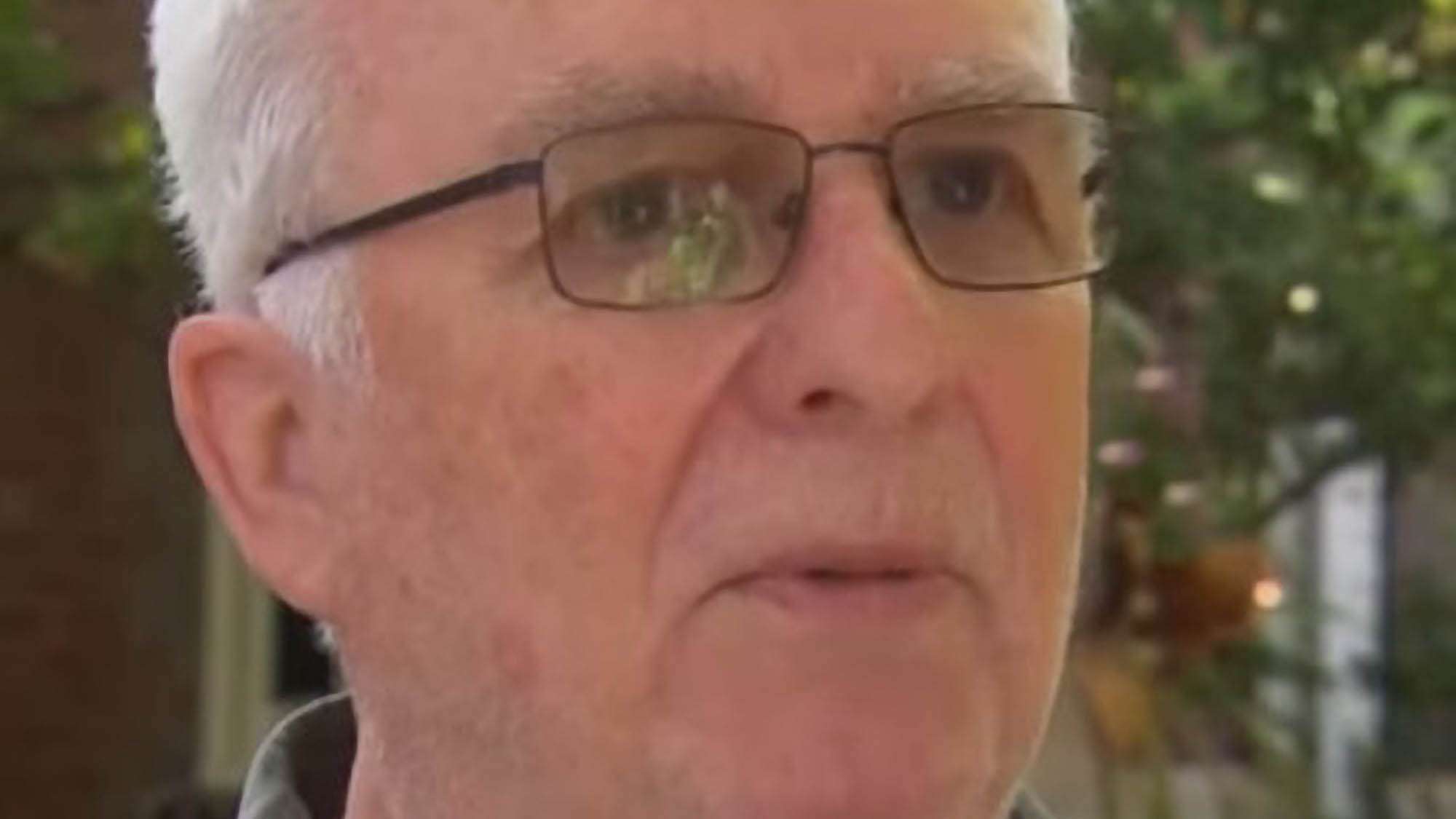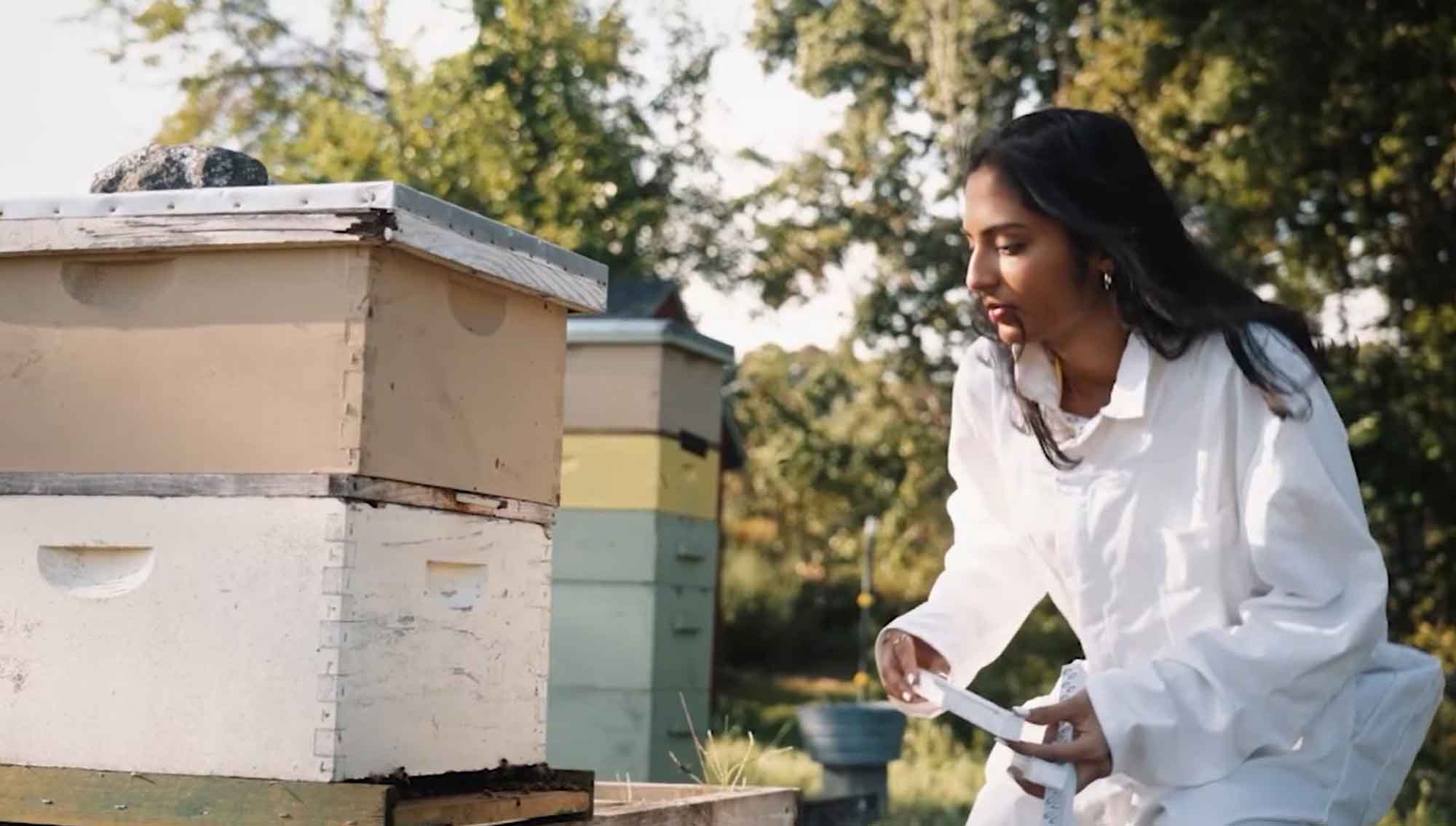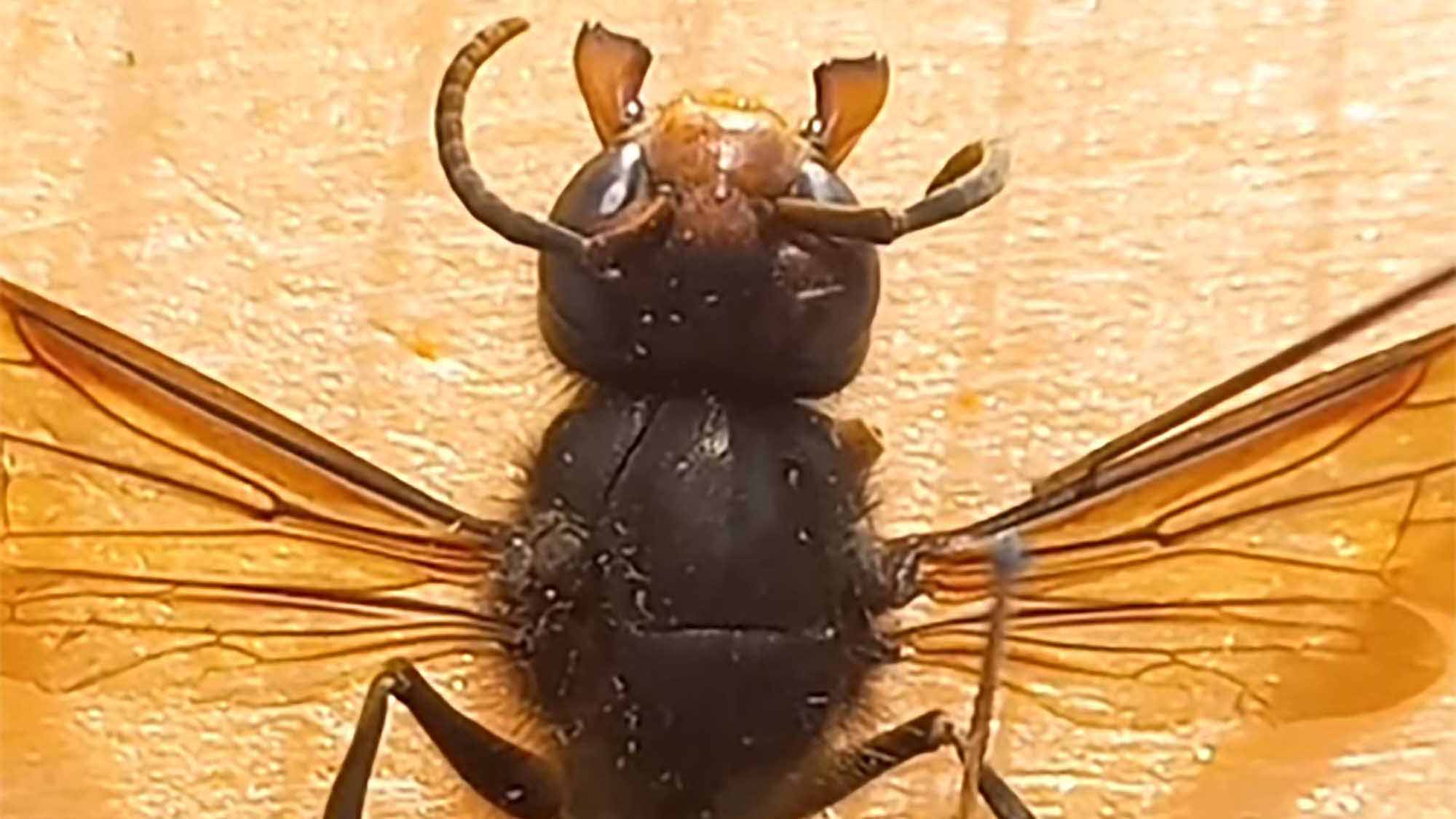Brief harvesting periods in Central Europe have been identified as the main reason why local beekeepers fail to meet the immense demand for honey.
Apiarists in the European Union’s 27 member countries are in charge of 20 million hives. However, the EU is not self-sufficient when it comes to providing customers with honey.
Now a beekeeping expert has explained why European retailers will continue ordering honey from companies in countries such as China, Turkey, Argentina and the United States.
Martina Janke, who is the deputy chief of the Celle-based Lower Saxon Institute for Bees, told news broadcaster NTV: “The time for harvesting honey is very short in Germany.”
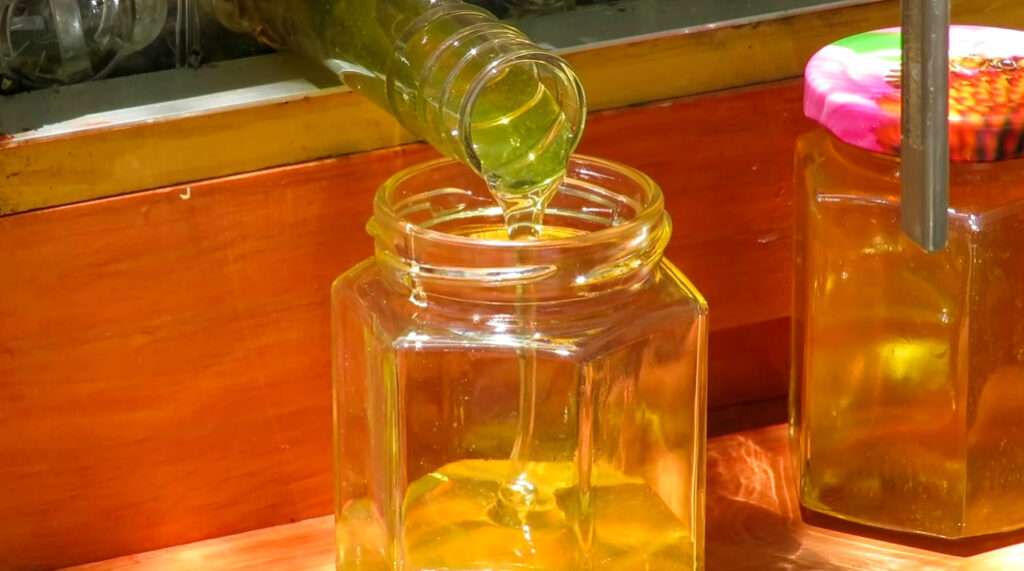
Martina explained: “Beekeepers start in spring, approximately after the rapeseed blooming period. The second harvest occurs in July. That’s it for apiarists in Germany. Elsewhere in the European Union, the situation might the different.”
She added: “Here in Germany, there might be some honey production going on in August. It depends on the blossoming of the heather. But after that, the bees are being fed and their winter dormancy is about to start.”
Almost 150,000 residents of Germany engage in beekeeping. The vast majority of them are leisure-time apiarists. In 2021, they were in charge of 982,000 alvearies. This was a significant increase compared to 2020 when they managed 951,000 hives.
Several honey farm managers recently warned that soaring costs would leave them no choice but to increase their prices. Rising prices for electricity, sugar and jars are giving Germany’s apiarists a hard time.
The presidents of the country’s two leading beekeeping associations recently revealed they want to host the 2029 edition of Apimondia, a global beekeeping conference.
If the German application is successful, it would mean that the biannual event returns to the country after 60 years. Apimondia most recently took place in the Central European country in 1969 when the Bavarian city of Munich staged the summit which brings experts and amateur apiarists together.

